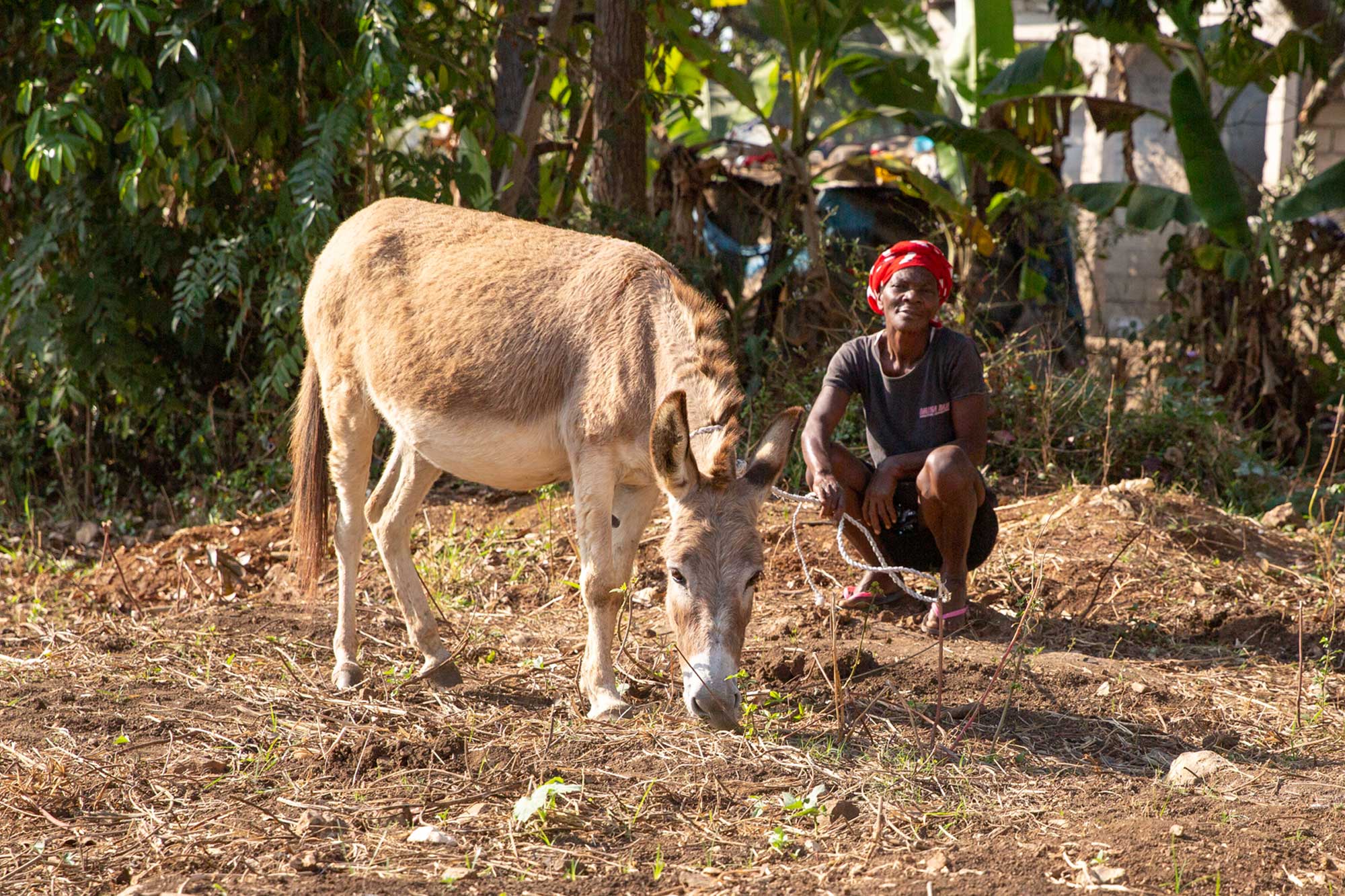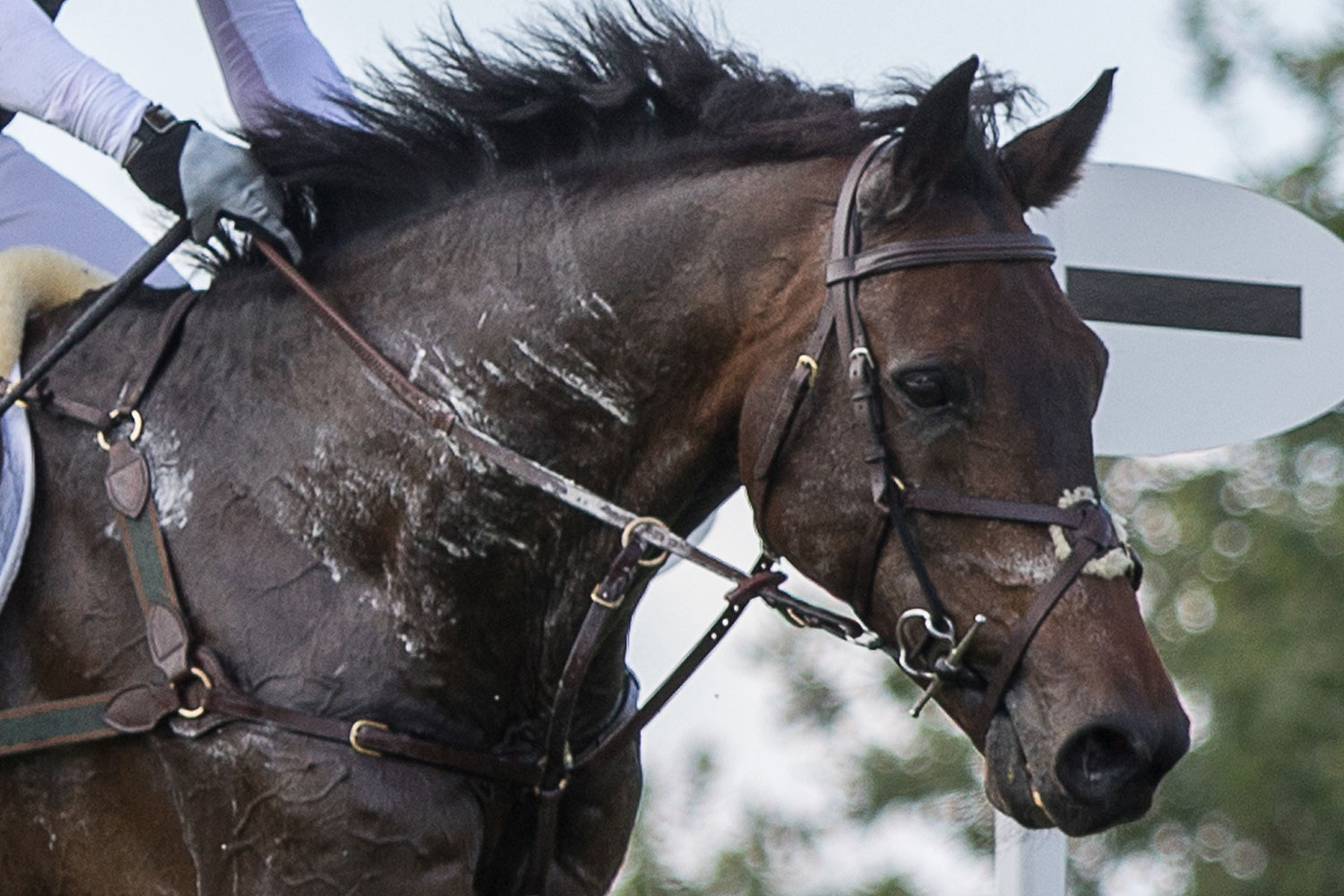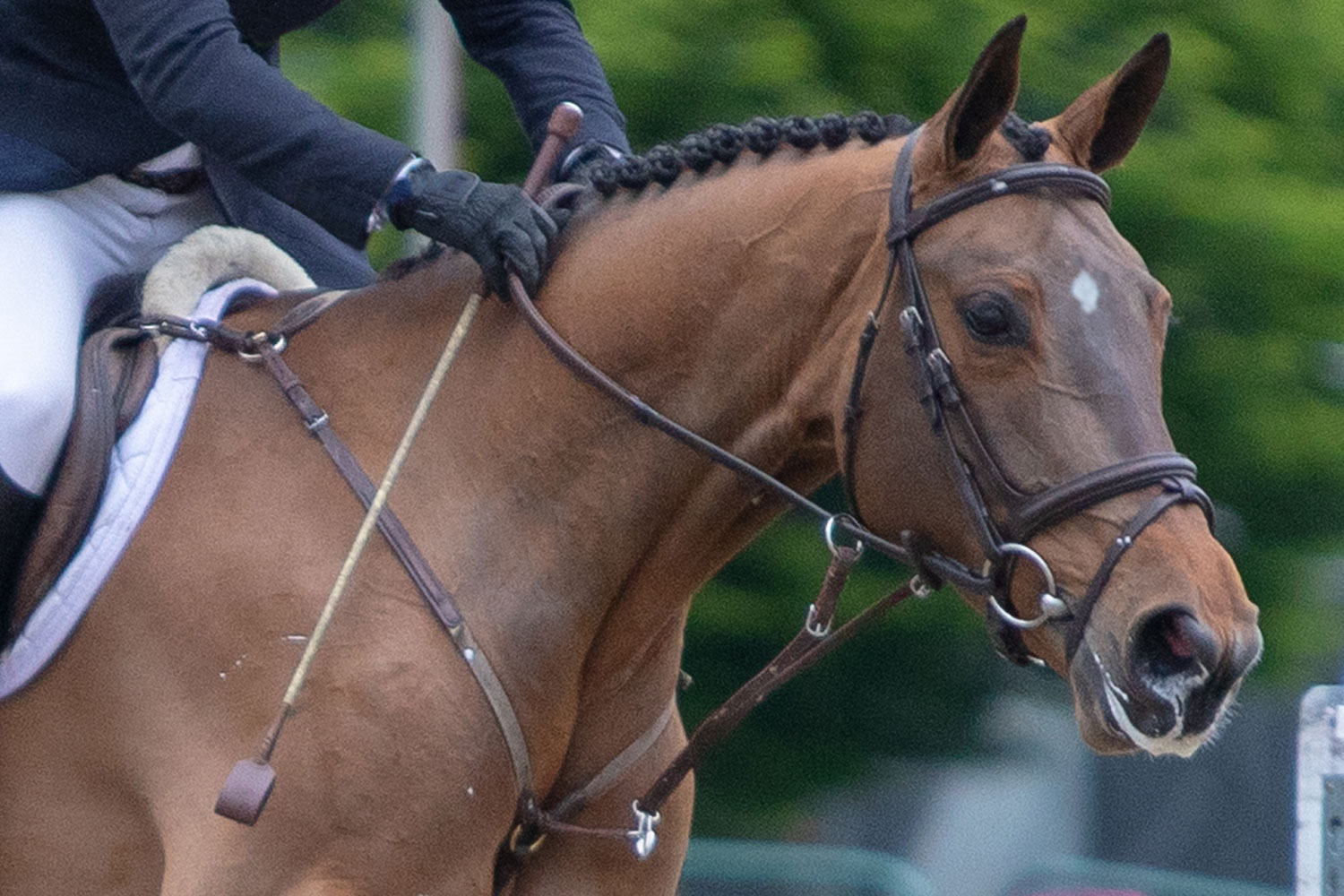View the UN HLPF Side Event online
The jointly-hosted event looked at Working animals: Climate change and public health issues in achieving the Sustainable Development Goals.
Posted on 01/07/2020

The UN HLPF Side Event was hosted on 7th July by The Donkey Sanctuary and World Horse Welfare in partnership with The Permanent Mission of the Republic of Senegal to the United Nations and the Food and Agriculture Organisation of the United Nations.
Environmental-related crises have grown quickly and prominently over the past few years. Alongside climate change’s devastating effects, we have recently experienced a marked increase in the occurrence and dissemination of zoonotic diseases (infectious illnesses transmissible from animals to humans), mainly caused by environmental, demographic and social changes.
In many low- and middle-income countries, people are highly dependent on working animals that are their owners’ biggest and most precious asset. Not only do they enable people to participate in work, boosting their economic capacity, but they also promote gender equality, access to essential services and provide opportunities to take part in money-saving schemes. However, despite their invaluable functions, working animals remain largely excluded from development and emergency programmes.
Where entire communities are reliant on working animals for their subsistence, a healthy and well-protected workforce is a significant tool to quickly and effectively face the consequences of natural disasters and prevent the spread of diseases.
Many countries have made substantial progress; however, many more remain in a critical position. Governments should acknowledge the invaluable contribution of working animals to alleviating poverty, ending hunger, preventing disease transmission and to managing environmental crises; provisions regarding the welfare and protection of working animals which will in turn benefit communities’ security and safety.
Collective participation in taking versatile and efficient approaches to critical issues such as climate change and health crises is vital to achieve sustainability for the planet and for all. The Donkey Sanctuary and World Horse Welfare have been raising awareness of the role that working animals can play in building community resilience into adaptation plans of developing countries. We believe that recognising the relevance of working animal issues is key to achieve sustainable development and tackle climate change and health crises.
Partners:
• Mission of the Republic of Senegal to the United Nations
• Food and Agriculture Organisation of the United Nations (FAO)
• The Donkey Sanctuary/World Horse Welfare
Speakers:
• H.E. Ambassador Abdoulaye Barro, Ambassador, Permanent Representative of the Mission of the Republic of Senegal to the UN
• Daniela Battaglia, Livestock Production Officer, Animal Production and Health Division, Food and Agriculture Organisation of the United Nations (FAO)
• Dr. Rebecca Doyle, Senior Lecturer at Animal Welfare Science Centre University of Melbourne
• Ian Cawsey, Director of Policy, Advocacy and Campaigns, The Donkey Sanctuary
• Chair: Roly Owers, CEO, World Horse Welfare
Respondents:
• Bonnie Wyper, President & Founder, Thinking Animals United
• Dr Aileen Pypers, Director and consulting veterinarian
Featuring speakers from Permanent Representative of the Mission of the Republic of Senegal to the UN, Food and Agriculture Organisation of the United Nations (FAO), University of Melbourne, The Donkey Sanctuary, World Horse Welfare, Thinking Animals United and Pets at Play Inc.
Further info
Download the Concept note with speaker biographies here
Working animals to help achieve a safe and sustainable world
Working animals, climate change, health crises and voluntary national reviews
Topics
Related News

International equine welfare projects adapt to Covid-19 restrictions to protect horses through the pandemic
Find out how our international projects with working horses, donkeys and mules around the world have adapted to deal with the impact of the coronavirus pandemic.

New documentary highlights climate change threat to lives of farmers and their horses in Senegal
Millions of people in Senegal’s scorching deserts depend on working horses for their survival.
Recommended Blog Posts

Social licence – how the perception of horse riding has changed
With a recent survey revealing some startling findings about perceptions of the welfare of horses in sport, the horse world has plenty to discuss.

Is it acceptable to use a whip on a horse?
With use of the whip becoming an increasingly hot topic, we all need to decide whether this is indeed acceptable – and, if so, why, how, and when?

An insight into the role of a Rehoming Officer
We catch up with Gemma Barry to find out what life is like as a World Horse Welfare Rehoming Officer.
Enjoy reading stories like this?
Join over 65,000 other horse lovers and sign up for our email newsletter

Join over 65,000 other horse lovers and sign up for our email newsletter
Sign me up now